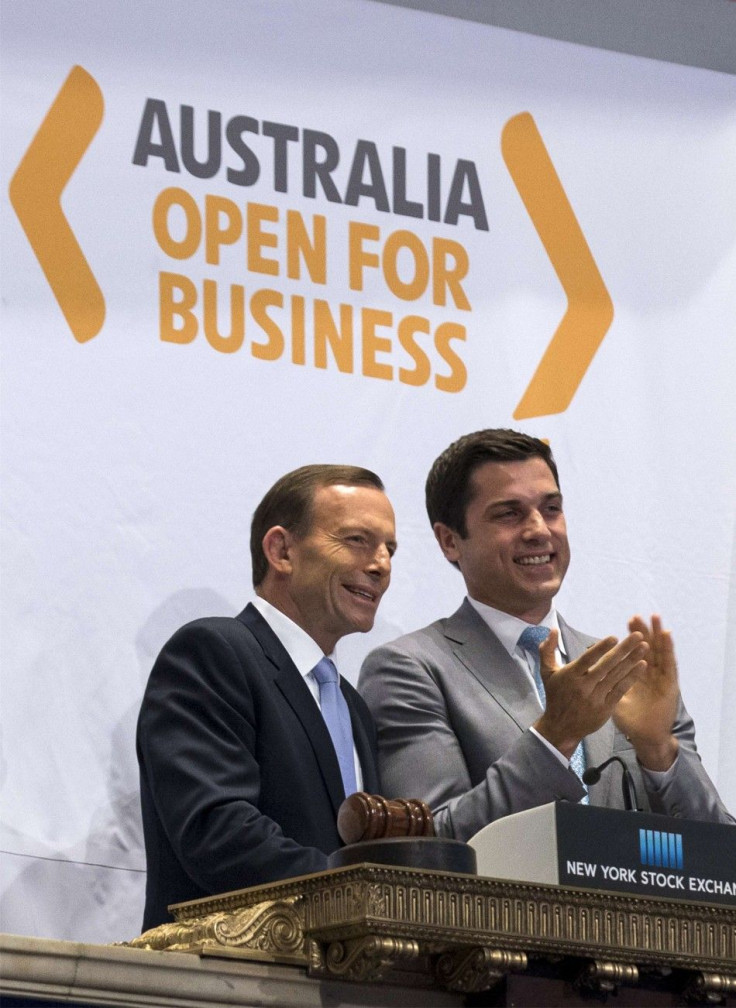Australia’s Climate Policy ‘Not in Limbo’ as Carbon Tax Repeal Succeeds

Australia's Labour-backed carbon tax is now gone, thanks to the Senate. As Prime Minister Tony Abbott's promise to repeal carbon tax finally came true, the government has declared that the country's climate policy is "not in limbo."
On July 17, Australia became the first nation in the world to abolish carbon pricing with the Senate passing the carbon tax repeal bill with 39 votes to 32.
According to reports, the Abbott government is gearing up for "Plan A" with the Direct Action plan as the proposed replacement to carbon tax. After two weeks of negotiations with crossbenchers, the Abbott government has succeeded in its goal.
However, Mr Abbott and Environment Minister Greg Hunt have refused to rule out the return to carbon pricing in the future.
In a speech after the Senate vote, Mr Abbott rejoiced and said "the Parliament finally listened." He refused to accept that the idea of leaving Australia with no policy to reduce greenhouse gas emissions.
As the Abbott government prepares to convince the Senate to pass the Direct Action policy, it faces criticism and resistance from environment groups, business leaders and the opposition. Mr Abbott's Direct Action policy may be more expensive than buying carbon permits.
Australia's Climate Change Authority has advised the Abbott government that it would be "cheaper" to achieve the country's carbon emissions reduction target by purchasing permits overseas as part of climate change policy. The organisation said meeting Australia's international target using only domestic means, as proposed in the Direct Action policy, is deemed more expensive.
Climate Institute CEO Joe Connor has previously said that Mr Abbott's carbon tax repeal will amount to a subsidy of $15 billion to major carbon emitters. He said the repeal of carbon laws will be a "shattering and historic loss" that will not hold companies accountable for their own pollution.
However, Mr Abbot has long believed that carbon tax is "bad for jobs," hurts families and "doesn't help the environment." The prime minister said each typical Australian household can save about $516 or UA$550 every year if carbon tax was abolished.





















